We can develop a broad range of health concerns as we age. These concerns include those of natural wear and tear and those that are the result of changes that happen as we age. One area of our health that many feels falls into the second category is oral health. While it’s true that there are oral health issues that develop due to underlying age-related changes, we can mitigate them. Losing our teeth and failing oral health is not inevitable part of the aging process. We will explore the underlying reasons behind poor oral health in aging adults and what can be done.
Age-Related Oral Health Risks and How To Help
Every year, new technologies promise to extend our lifespan and our ongoing quality of life. However, a future free of old age issues is still quite far off. Currently, there is no way to eliminate all concerns arising with old age. However, we can take steps to help mitigate the changes before they happen and protect our smiles into old age. It starts with understanding the underlying age-related issues that impact oral health.
- Cellular Oxidative Stress
- Changing Hormonal Levels
- Declining Immune System
- Gingival Vein Constriction
These issues can have direct and indirect impacts on our oral health. Gingival vein constriction, for instance, can impact the strength and health of our enamel. These constricted veins can make it difficult for the body to deliver the necessary nutrients to our teeth. Without these nutrients, the enamel’s minerals may no longer get replaced, leading to demineralization. Thankfully, you can take some steps to address this. One such method involves receiving dental sealants and fluoride treatments from our dentists. These treatments can protect the enamel from decay and restore necessary minerals to keep it strong.
However, many social issues can make it difficult for the elderly to get appropriate dental care. Among them is a lack of access to necessary care. Many senior citizens rely on Medicare and Medicaid medical services for their oral health. These insurance providers often only provide access to minimal preventative care and treatment options. In many cases, the coverage provided is insufficient to maintain our oral health as we age. Some dentists provide special plans and payment options to help mitigate these concerns, but they often aren’t enough.
Addressing Dental Care Deficiency In The Elderly
One way that we can address this issue is by ensuring that we select providers that provide full support for elderly patients. This often appears in the form of specialized pricing for elderly patients, payment plans, and a close relationship with Medicare and Medicaid. By understanding how these services work and how to ensure their patients benefit from them, they become elderly patients’ biggest allies. If you’re concerned about maintaining your oral health into your golden years, reach out to your dentist and schedule a consultation. They’ll go over the options with you and discuss a long-term oral health plan for years to come.



